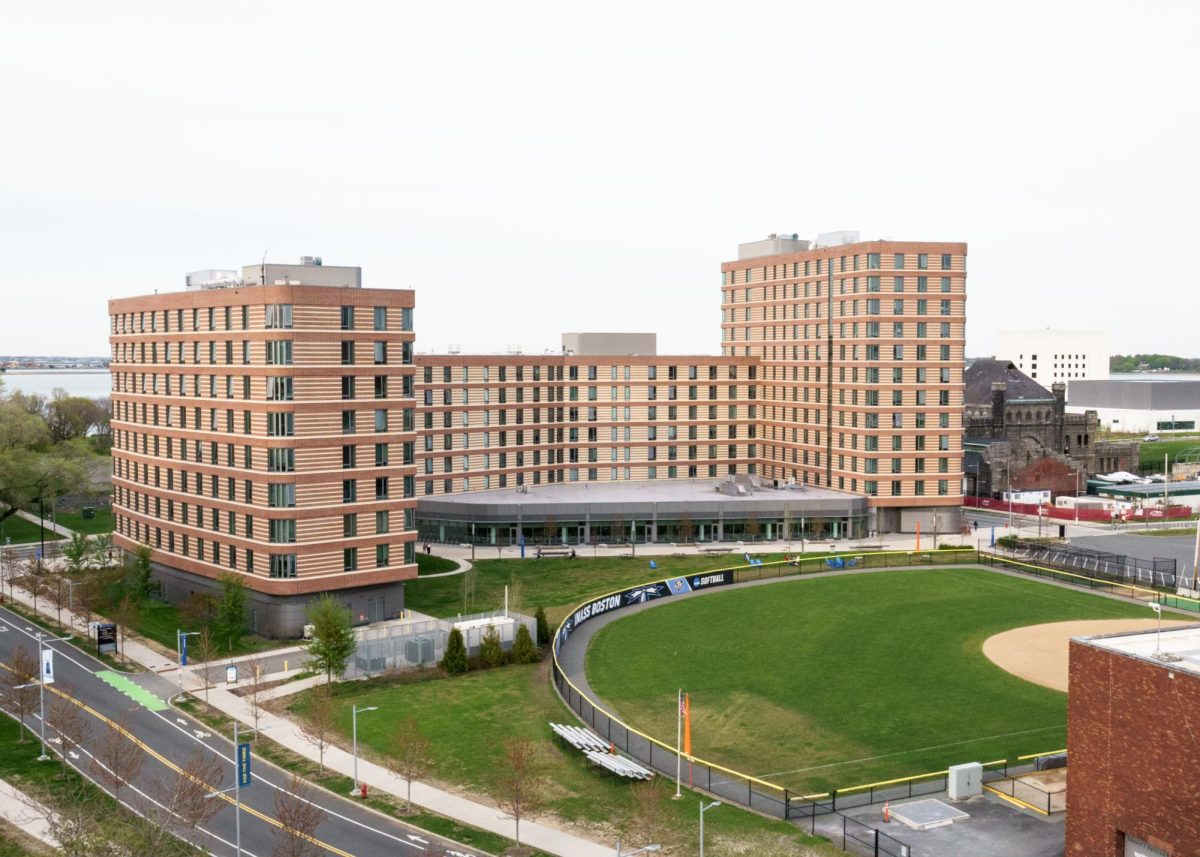As we enter the move-in and move-out season, everyone will be busy with the demands of relocating, including the significant physical demands. As a result of this process, a considerable amount of waste is generated. While it’s important to ensure a smooth setup, it’s equally crucial to be mindful of the environmental impact. By being conscious of the number of items we move and dispose of, we can make our moves more sustainable and minimize our ecological footprint.
According to Mass.gov, college students generate up to 650 pounds of garbage annually, with much of it concentrated during the move-in and move-out periods at the beginning and end of each academic year. This equates to roughly 108 to 130 30-gallon bags of waste per student. But the problem isn’t just the overall volume of trash — it is also the nature of the items being discarded.
Large items like old couches and mattresses often end up on the curb, posing significant disposal challenges. While the state of Massachusetts has implemented the “Move-out Reuse Project” to rescue reusable items, not all are saved. According to the nonprofit Keep Massachusetts Beautiful, more than half of what we throw out still has value.
In some cases, when people move into a new home, they discard everything left behind simply to avoid the hassle of donating or selling them. While this may be understandable, and extremely common, it has a negative impact on the environment and contributes to climate change.
What happens to this trash is more complex than it seems. According to WBUR, most of Massachusetts’ trash is incinerated due to the state’s limited landfill space. When trash isn’t burned, it’s often shipped to landfills elsewhere.
Interestingly enough, these incineration sites also generate energy as they burn waste, a process that releases nitrogen oxide. This is a harmful pollutant that can negatively impact air quality and people’s respiratory health. Despite the fact that incineration sites are government-endorsed and managed to the best of their capacity, some emissions are unavoidable.
While one of the primary goals for individuals and agencies promoting this cause is to reduce disposal costs, the benefits go far beyond that.
By cutting down on waste, the state can aim to minimize reliance on landfills and incinerators, which in turn decreases the amount of toxins released into the atmosphere. Additionally, proper waste management and reduction efforts help mitigate pollution, which can be harmful to both plants and people who are regularly exposed to it.
The solution can be summed up in the phrase, “donate, don’t trash.” With the health hazards and environmental concerns associated with waste disposal, it’s important for everyone to take action, including the UMass Boston community. Instead of discarding everything, consider donating items instead.
Recycle Smart, a Massachusetts Department of Environmental Protection initiative, provides a list of locations where donations can be made. If donating isn’t feasible, simply ask around to see if someone could use what you no longer need. Alternatively, they could also be sold on sites such as eBay. Throwing away perfectly good items should be a last resort.
Another key aspect is making responsible purchases and focusing on buying only what is truly needed. It’s important to remember that our college journey will eventually come to an end. While it’s important to enjoy the present, unnecessary purchases can become a burden when it’s time to move out.
Budgeting, questioning whether an item is really needed, and making thoughtful lifestyle choices are all effective ways to ensure responsible purchasing. Living comfortably is essential, but living responsibly is equally important. By doing so, we can all contribute to this initiative and help protect our planet.


